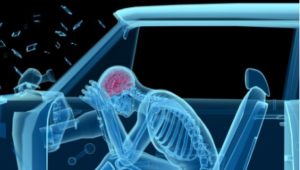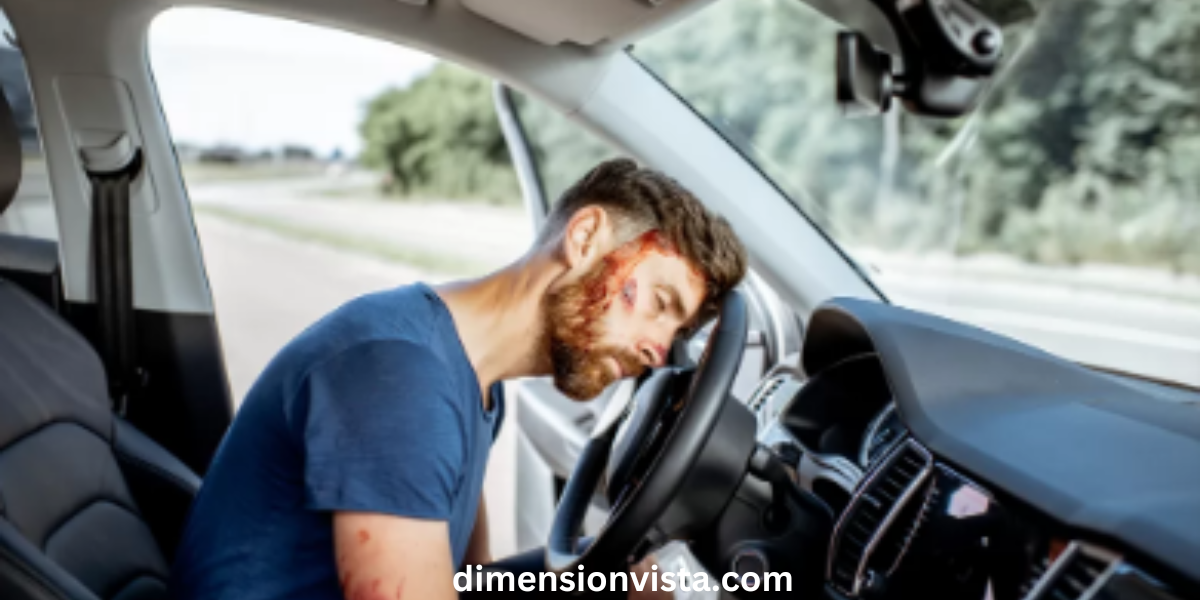Car accidents can lead to many physical injuries, but one lesser-known consequence is the development of epilepsy. Although rare, post-traumatic epilepsy (PTE) can have a significant impact on a person’s life. In this article, we will explore the link between developing epilepsy after a car accident, and what to do if you or a loved one is affected.
What Is Post-Traumatic Epilepsy (PTE)?

Post-traumatic epilepsy (PTE) is a form of epilepsy caused by a traumatic brain injury (TBI). A car accident can cause a severe blow to the head, leading to brain damage and, in some cases, seizures. According to the Centers for Disease Control and Prevention (CDC), TBIs are a leading cause of epilepsy.
How Can a Car Accident Cause Epilepsy?
- Traumatic Brain Injury (TBI): Severe head trauma from a car crash can cause structural damage to the brain, increasing seizure risk.
- Bleeding and Swelling: Internal bleeding or swelling (hematoma) can disrupt normal brain function, triggering seizures.
- Skull Fractures: Bone fragments from a skull fracture can press on brain tissue, causing neurological issues.
Symptoms of Post-Traumatic Epilepsy
- Uncontrollable muscle spasms or convulsions
- Brief loss of awareness or confusion
- Repetitive movements or staring spells
- Sensory changes (e.g., unusual smells, sounds, or visual disturbances)
When Can PTE Develop After a Car Accident?
PTE can develop shortly after a TBI or years later. There are three main types:
- Immediate: Occurs within 24 hours of the injury.
- Early: Occurs within the first week.
- Late-Onset: Develops more than a week after the injury (most common type of PTE).
Risk Factors for Developing Epilepsy After a Car Accident
- Severe or penetrating head injuries
- Skull fractures
- Brain surgery following the accident
- Multiple concussions
Diagnosis and Treatment Options for PTE
- Diagnosis: Doctors may use imaging tests like CT scans or MRIs and perform an EEG (electroencephalogram) to detect abnormal brain activity.
- Treatment: Common treatments include anti-seizure medications, lifestyle modifications, and, in some cases, surgery.
Preventive Measures After a Car Accident
- Seek immediate medical attention after any head injury.
- Follow through with prescribed rehabilitation therapies.
- Monitor for signs of seizures and report them to your doctor.
Can You Claim Compensation for Epilepsy Caused by a Car Accident?
If your epilepsy results from a car accident caused by someone else’s negligence, you may be entitled to compensation. This can cover medical bills, lost wages, and pain and suffering. Consult a personal injury lawyer for guidance.
Conclusion
While the risk of developing epilepsy after a car accident is rare, it is real and can have life-changing consequences. If you or a loved one experiences symptoms of PTE, seek medical help immediately. Understanding your rights and exploring treatment options can help you navigate this challenging condition.

